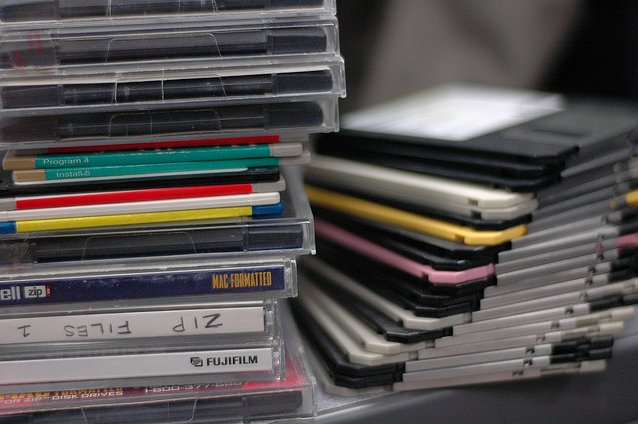According to reports from the New York Times and Reuters, the Volkswagen Group is refusing to turn over e-mails and correspondence from its top executives to US Attorneys General (AG), citing German privacy laws.
AGs from Connecticut and New York told the two news outlets that they were outraged with Volkswagen’s reluctance to comply fully with their investigations. The two AGs are part of a larger group of 48 top state lawyers, which has launched a probe into Volkswagen’s defeat device scandal. (The two AGs who are not participating in the civil investigation represent California and Texas and are “conducting their own inquiries,” according to the New York Times.)
The scandal broke open in September when the US Environmental Protection Agency (EPA) issued a notice of violation accusing Volkswagen of selling 580,000 diesel vehicles with illegal software installed on them to goose results on federally mandated emissions tests.





